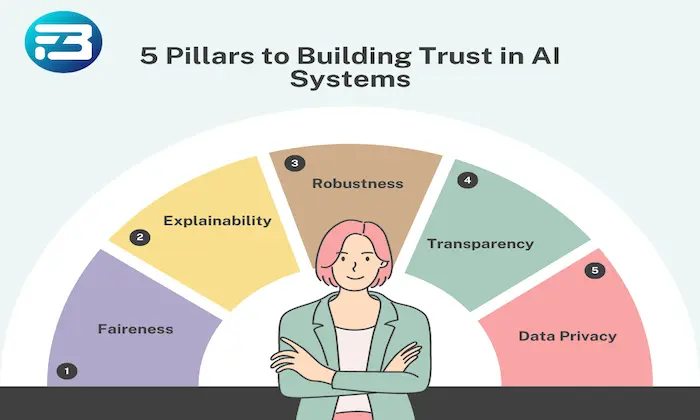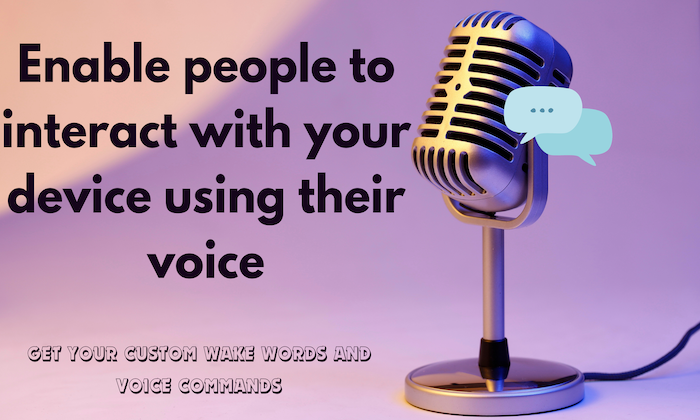What role does human validation play in QA for voice cloning datasets?
Human Validation
Quality Assurance
Voice Cloning
Human validation is essential to ensuring the quality and reliability of voice cloning datasets, foundational for developing high-fidelity voice synthesis systems. This process involves experts verifying, assessing, and refining data collected for training voice cloning models. Its significance spans beyond technical accuracy, impacting AI developments that rely on these datasets for virtual assistants, accessibility tools, and more.
The Role of Human Validation in Quality Assurance for AI
Human validation acts as the cornerstone of quality assurance in AI, particularly for voice cloning. Since voice synthesis hinges on capturing the intricacies of human speech—like tone, emotion, and accent—datasets must authentically represent these features. Let's explore why this process is indispensable:
- Accuracy and Authenticity: Human validators ensure datasets authentically capture a speaker's voice characteristics, preserving the intended emotional tone and expressions. This scrutiny ensures synthesized voices sound natural and believable.
- Error Detection: Automated systems can miss subtle errors such as background noise or pronunciation inconsistencies. Human reviewers catch these nuances, preventing defects that could degrade the final product's quality.
- Diversity and Representation: Diverse datasets reflecting variations in age, gender, and accent are vital for inclusive voice cloning applications. Human validation ensures this diversity is effectively captured, enabling global reach.
Steps in Human Validation for Voice Cloning Datasets
The human validation process involves several structured steps:
- Initial Data Collection: Voice samples are recorded in professional studio settings to guarantee high audio quality, involving multiple speakers from diverse demographics.
- Quality Assessment: Validators listen to audio files, ensuring clarity and correctness. They check if samples meet quality standards, free from distortions, and accurately reflect scripted content.
- Annotation and Review: Validators annotate data, noting discrepancies or issues, which is crucial for refining the dataset's structure and quality.
- Iterative Refinement: Feedback from validators guides adjustments, creating a polished and reliable resource for training voice cloning models.
Challenges and Considerations in Human Validation
While essential, human validation involves trade-offs:
- Resource Intensive: The process can increase time and costs. Balancing high-quality data needs with available resources is crucial, potentially leveraging technology assisted workflows to streamline efforts.
- Subjectivity: Human judgment can vary, affecting validation outcomes. Clear guidelines and training can mitigate this, ensuring consistency.
- Scalability: With increasing demand for voice cloning, scaling validation processes is challenging. Investing in efficient tools and methodologies can maintain quality without sacrificing efficiency.
Frequent Oversights in Human Validation Processes
Even experienced teams can make missteps:
- Underestimating Validator's Role: Seeing validators as mere checkpoints rather than integral contributors can limit insights into data collection strategies. Early engagement of validators provides valuable perspectives.
- Neglecting Diverse Perspectives: A lack of diverse validators can lead to blind spots, particularly with accents or cultural expressions. Ensuring a representative validator pool is crucial for a balanced dataset.
- Ignoring Feedback Loops: Without a feedback loop for validators to share insights, organizations risk repeating mistakes in subsequent datasets. Continuous communication fosters improvement.
Emerging Trends in Human Validation
Innovations are enhancing human validation processes. Incorporating AI-assisted tools to support human validators can streamline workflows and ensure consistent quality. As technology evolves, hybrid approaches combining human expertise with AI tools may become standard, offering efficient validation while preserving the nuances of human speech.
Real-World Impacts & Use Cases
Human validation has tangible impacts, exemplified by its role in creating inclusive virtual assistants or precise accessibility tools. For instance, a project enhancing voice synthesis for storytelling benefited significantly from human validation, ensuring diverse emotional expressions were captured accurately, enriching user experience.
Take the Next Step with FutureBeeAI
For projects requiring comprehensive, ethically sourced voice datasets, FutureBeeAI offers a reliable partnership. Our structured data pipelines and expert human validation ensure your AI models are trained on the highest quality data, aiding in developing precise, expressive voice cloning solutions. Reach out to explore how FutureBeeAI can support your voice cloning needs with seamless, scalable solutions.
FAQs
Q. How often should human validation occur in voice cloning datasets?
A. Human validation should be ongoing, with assessments during initial recording, post-data collection, and before final dataset deployment to maintain quality throughout.
Q. What expertise should a human validator have for effective quality assurance?
A. Validators should have an ear for detail, familiarity with linguistic nuances, and an understanding of voice cloning requirements. Training in audio quality assessment and speech analysis enhances their effectiveness.
What Else Do People Ask?
Related AI Articles
Browse Matching Datasets
Acquiring high-quality AI datasets has never been easier!!!
Get in touch with our AI data expert now!








